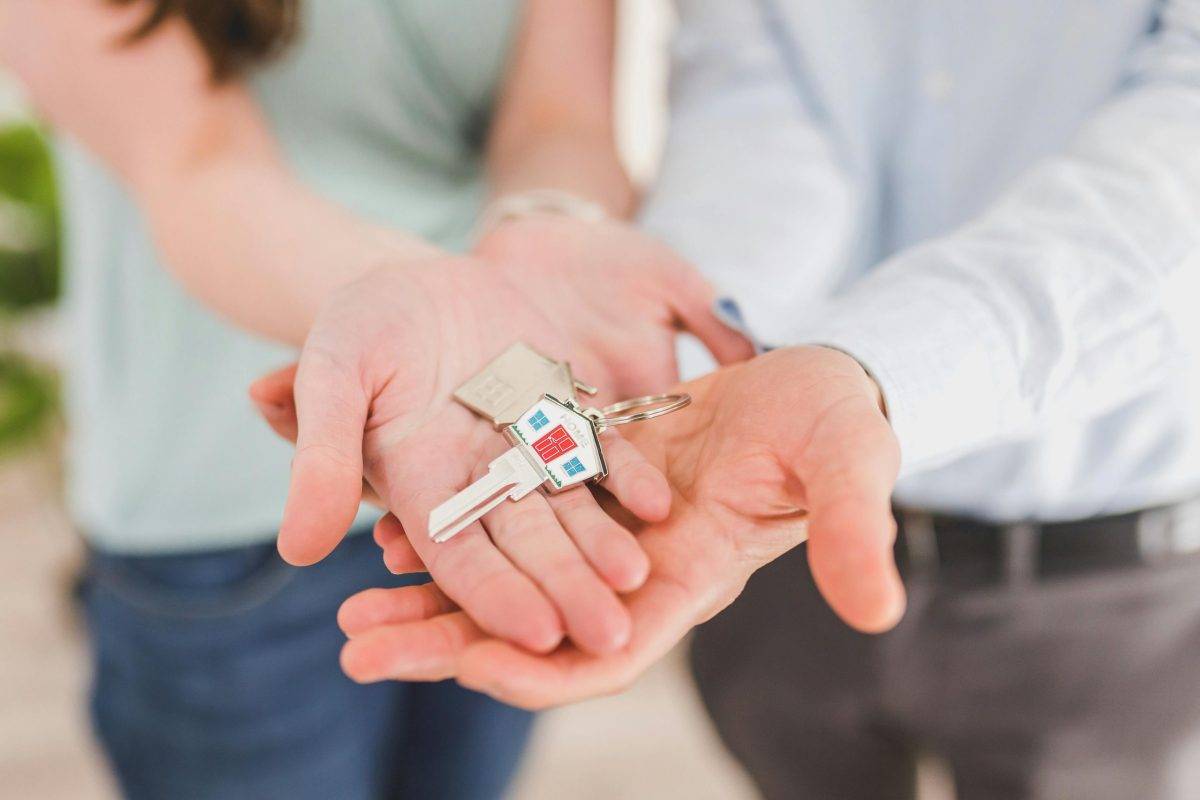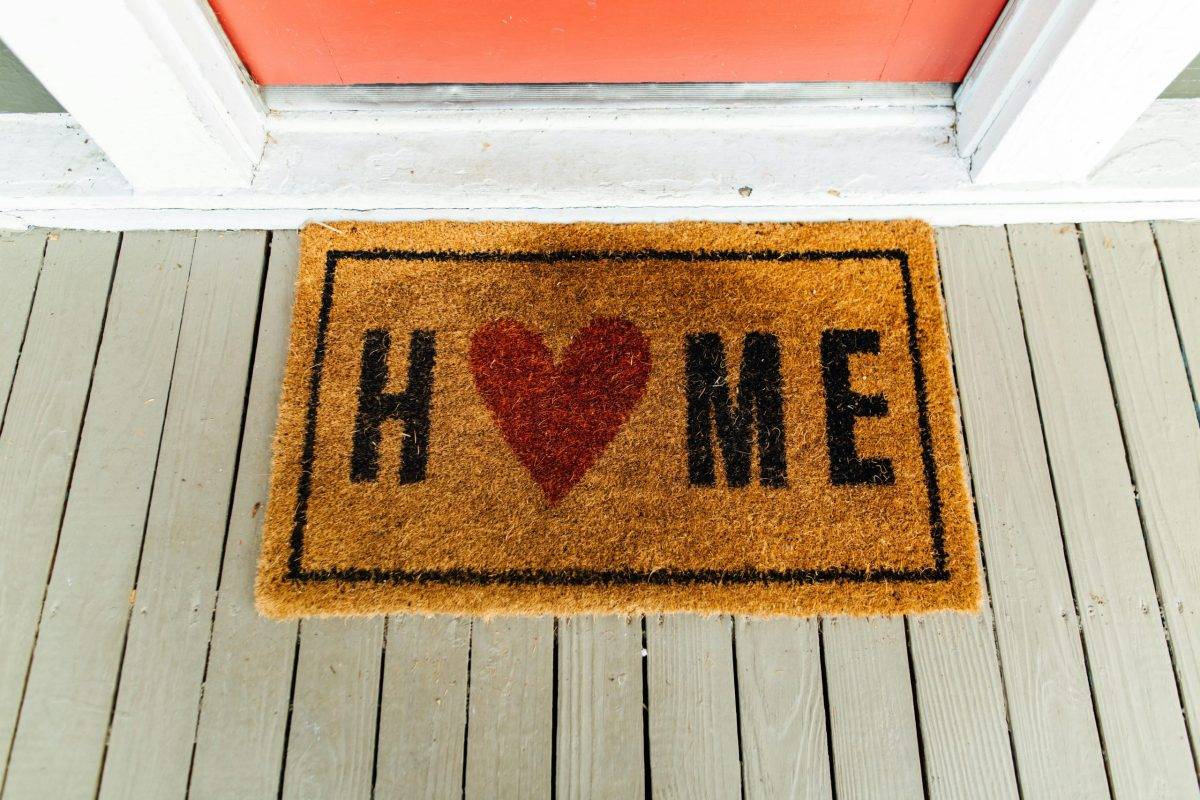Handling an Appraisal Gap With Confidence
Buying or selling a home is one of the biggest financial decisions you’ll ever make, and occasionally, the numbers don’t align perfectly after a buyer and seller agree on a contract price. Here’s how to handle an appraisal gap with confidence.
When a home’s appraised value comes in lower than the agreed-upon purchase price, it creates what’s known as an appraisal gap. While that can sound alarming, it doesn’t have to derail your goals. With the right guidance and a clear understanding of your options, an appraisal gap can often be resolved smoothly and fairly for everyone involved.

Why Appraisals Matter
Lenders rely on appraisals to determine how much they’re willing to finance. If the appraiser values the home below the contract price, the lender bases the loan amount on that lower figure.
For instance, if a property is under contract for $400,000 and the appraisal comes in at $380,000, the lender will finance based on $380,000—not the full $400,000. That difference must be addressed before closing.
Option 1: Renegotiate the Price
A straightforward solution is to renegotiate the sale price. The seller may agree to lower the price to match the appraised value, especially if it helps keep the transaction on track.
While sellers may prefer to hold firm, this option can make sense when both sides want to avoid delays, new listings, or losing a committed buyer.
Option 2: The Buyer Brings Additional Funds
Buyers who are confident in their decision and want to move forward can choose to cover the difference in cash. In our example, that means paying the $20,000 gap between the appraised value and the contract price.
This can be a reasonable option for buyers who plan to stay long-term, especially in desirable locations where property values are likely to rise. However, it’s important to evaluate the home’s future equity and financial impact before deciding.
Option 3: Split the Difference
Sometimes, compromise is the best path. The seller might lower the price slightly, and the buyer contributes some additional funds to bridge the gap.
This collaborative approach helps both parties move forward with confidence and ensures that neither side feels like they’re carrying the full burden.
Option 4: Challenge the Appraisal
If you and your agent believe the appraisal missed important details, you can request a review. This involves providing supporting evidence, such as:
Recent comparable sales that better reflect the property’s value
Documentation of upgrades, renovations, or neighborhood improvements
Market data showing appreciation trends
Although not every appeal results in a revised value, it’s worth pursuing when you believe the home’s true market value wasn’t accurately represented.
Option 5: Cancel the Contract
If the contract includes an appraisal contingency and a resolution can’t be reached, the buyer may have the right to withdraw without penalty.
While this isn’t the ideal outcome, it’s sometimes the most practical choice if paying above appraised value isn’t financially sound or if both sides can’t come to an agreement.
Should You Still Buy the Property?
That depends on your goals and comfort level. A low appraisal doesn’t always mean a home is overpriced—it could reflect limited comparable sales or a rapidly changing market.
If the home suits your lifestyle, location needs, and long-term plans, it may still be worth purchasing, even with an appraisal gap. Over time, market growth and appreciation often balance the equation.
However, if stretching your budget would create financial stress or limit future flexibility, it’s wise to pause and evaluate. The right agent can help you weigh the emotional value of the home against the financial realities of the market.
How JoJo Helps Clients Navigate Appraisal Gaps
JoJo understands that an appraisal gap can be one of the most stressful moments in a real estate transaction. Her experience allows her to guide clients through every option—from negotiating with confidence to coordinating with lenders and appraisers.
Whether representing buyers or sellers, JoJo’s focus is on protecting her clients’ best interests, keeping communication transparent, and finding creative solutions to help each deal close successfully.
Final Thoughts
An appraisal gap doesn’t have to end your homeownership dreams or stall your sale. With the right approach—and a knowledgeable agent by your side—you can navigate the process confidently and move forward toward closing day.
Disclaimer: The information in this blog is for general educational purposes only and should not be considered financial or legal advice. Always consult your lender, attorney, or licensed real estate professional regarding your specific situation.




